Why Armstrong never tested positive for doping: "there was nothing"
In December 2023, it was 10 years since Lance Armstrong admitted, in an interview on the Oprah Winfrey show, that he had used doping substances during his career. Now, the American reveals in a podcast how he was able to test negative in the more than 500 controls he passed during his career.
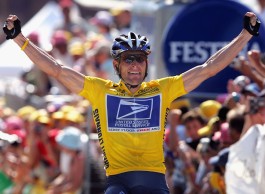
Armstrong's tricks to dodge controls
During the 90s and the first decade of the 21st century, cycling forged a reputation as a sport associated with doping that, even today, carries as a stigma despite the great progress made in the fight against the use of banned substances. If anyone represents the culmination of this doping culture, it is the American Lance Armstrong who, after retiring victorious with 7 Tour de France in his record, decided to return to competition several years later, putting a spotlight on him that would end up uncovering a whole system of use and supply of doping substances in his environment.
Harassed since then by the investigation of the World Anti-Doping Agency, Armstrong would eventually give in, confessing all his practices related to doping on the show of the popular journalist Oprah Winfrey. A career based on lies and deception that was bluntly recorded in the book "The Wheel of Lies: The Fall of Lance Armstrong" by New York Times journalist Juliet Macur or in the 2015 film "The Program", in which its title refers to the entire system set up in Armstrong's environment for the shameless use of performance-enhancing substances.
RECOMENDADO
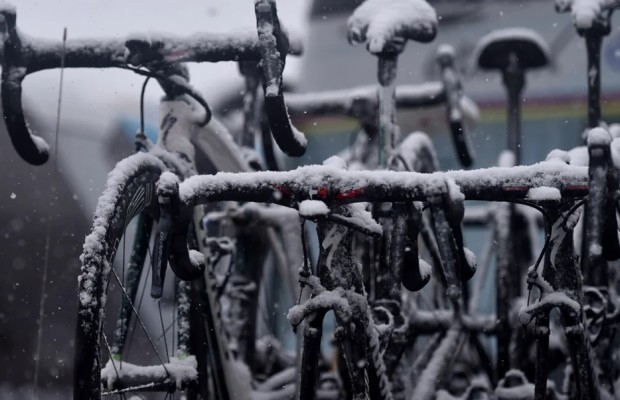
Can I go cycling with the flu or a cold?
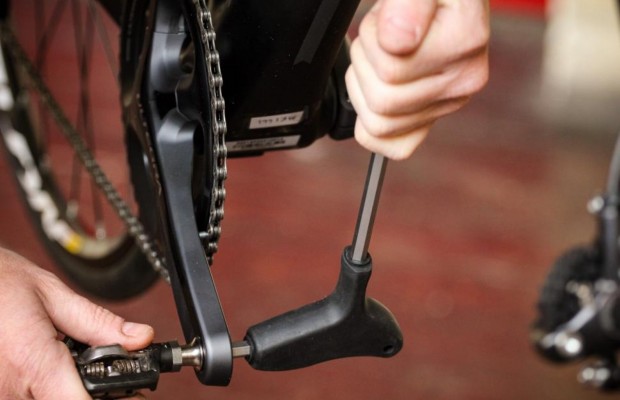
How to change the pedals of any bike in 5 steps
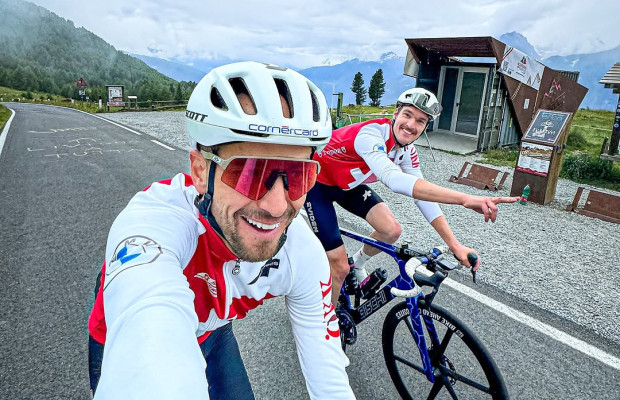
Is it possible to do base training when time is short?
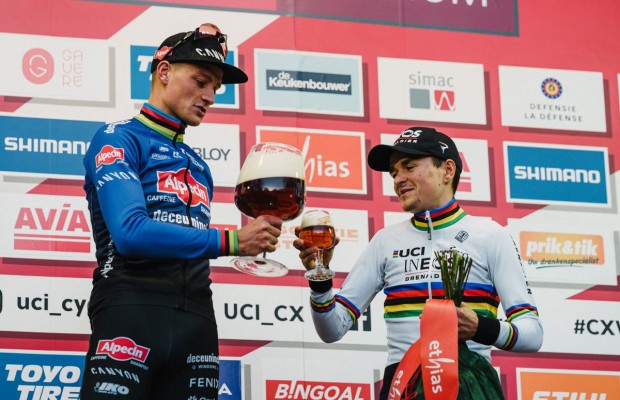
Alcoholic beverages with the fewest calories
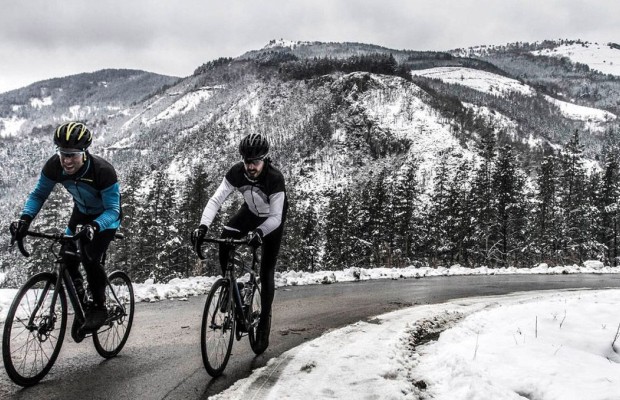
Cycling tips for the Christmas season

What would you do if you won the lottery? This cyclist bought himself a €20,000 bike
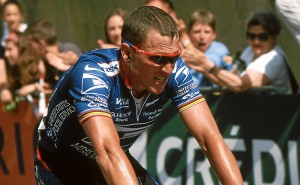
Now, ten years later, Lance Armstrong spoke about it again on the Club Random podcast of American host Bill Maher where he described what was, at the time, a common practice within the peloton.
Especially interesting is the story of how they avoided positives in controls. "There was nothing" when the cyclist came to pass a control. Everything was perfectly planned and studied to reduce the possibility of a positive to a minimum, especially the administration of different substances and their time of permanence in the body. In fact, Armstrong talks about EPO as the "rocket fuel that changed all endurance sports and that only lasted in the body for 4 hours", which made it completely undetectable in the early 90s and then began to apply the 50% hematocrit criterion as an indirect method of curbing its use until, finally, out-of-competition blood controls were established.
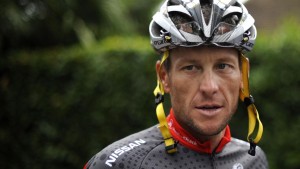
Apart from that, although Armstrong did not mention anything in the interview, it should be remembered that the UCI itself was in question when the details of his case were uncovered, with accusations that could not be proven in which it was said that they would have covered up several positive analyses of the cyclist as compensation for the contributions that Lance himself made, ironically, to the fight against doping. Although, as we said, nothing could finally be proven and everything remains in the realm of conspiracy theories.
What is clear, and is corroborated by investigations such as Operation Puerto, or books like those of Tyler Hamilton or David Millar, cyclists of those years who revealed their experience with doping in those years, is that, as Armstrong narrates, doping had reached a scientific level, it was so planned, that it got far ahead of those who pursued it.
In fact, cycling did not manage to put a stop to doping until the establishment of the biological passport. A profile of each cyclist's blood values and that, thanks to certain algorithms that verify any variation in these values, it is possible to unequivocally infer the use of banned substances or, at least raise the suspicion of anti-doping authorities who focus on that athlete until he ends up falling.
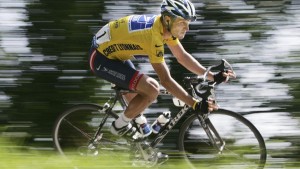
A very different cycling now than the one Lance Armstrong tells about and in which the science of training, watts, altitude concentrations, nutrition and, in general, any marginal gain that can be used, have replaced a doping culture that, despite reaching its peak in the early years of the 21st century, has been accompanying this sport, from practically its beginnings.